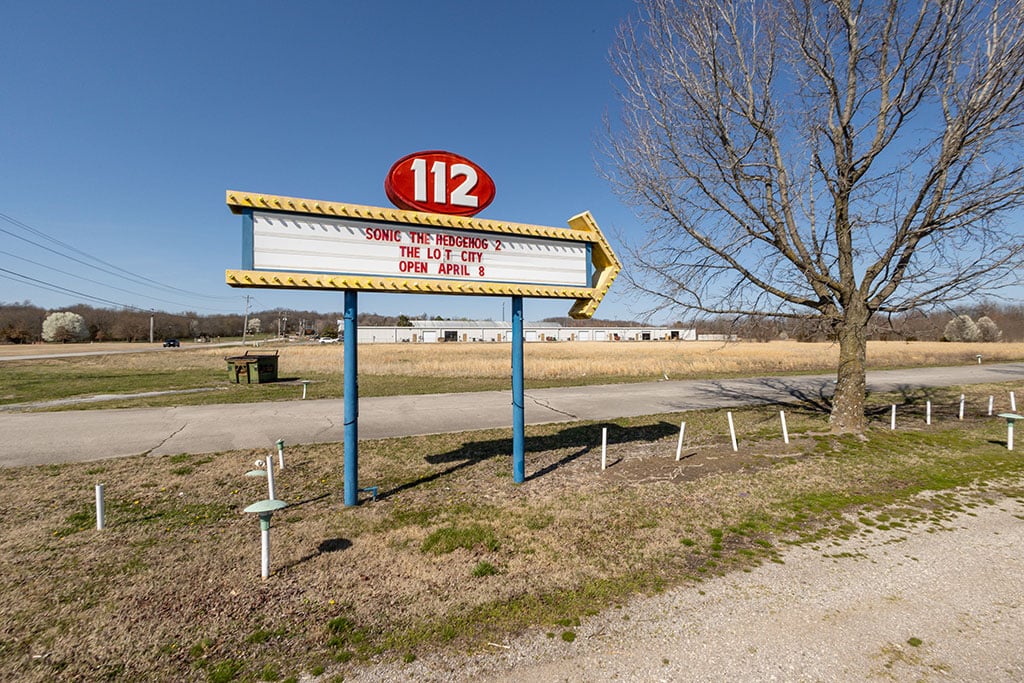
Photo: Todd Gill, Fayetteville Flyer
FAYETTEVILLE — A rezoning request that would allow for a redevelopment of the 112 Drive-In property was approved by the Planning Commission on Monday. It’s now up to the City Council to consider the request for final approval.
Commissioners voted 8-0 in support of the plan, which would change the site from a strictly commercial zone to an urban thoroughfare district which allows a wide variety of commercial and residential uses. Commissioner Porter Winston was absent.
The owners of the property plan to sell the land to CL Partners, LLC, according to Steve Brooks, an attorney with Eldridge Brooks Partners who represents the developers.
Brooks said the requested district is in line with the city’s future land use plan for the area, which designates the property as an Urban Center Area intended to accommodate residential, retail, and entertainment uses.

Site plan courtesy City of Fayetteville (enlarge)
A site plan submitted to the city shows a variety of housing options and several commercial uses across the property.
While the current movie screen at the north end of the site would be replaced with residential units, the site plan does show a smaller outdoor movie screen on the southeast corner of the land next to an 805-seat cinema with a beer garden. The southwest portion of the site includes a proposed 10,000-square-foot retail or restaurant space with associated parking.
A representative from the 112 Drive-In said the owners do not plan to be involved in the operations of either new cinema space, “but are thrilled with the new prospective owners’ plans for the project and land development.”
The 112 Drive-In is one of three remaining permanent drive-in movie theaters in Arkansas, along with the Kenda Drive-In in Marshall and the Stone Drive-In in Mountain View.

The United Drive-In Theatre Owners Association states there were 318 drive-ins across the U.S. as of September, down from 374 theaters in 2010. The industry has seen a drastic reduction from its heyday in 1958 when there were 4,063 drive-ins in operation, with the hardest hits coming from 1978-1988 when over 1,000 screens closed.
Closures of drive-ins, the association says, are commonly due to land value increases that make selling for redevelopment attractive financially, especially for aging owners who wish to retire, who have difficulty obtaining first-run films, and who face increasing competition from other entertainment options.

